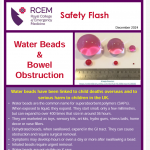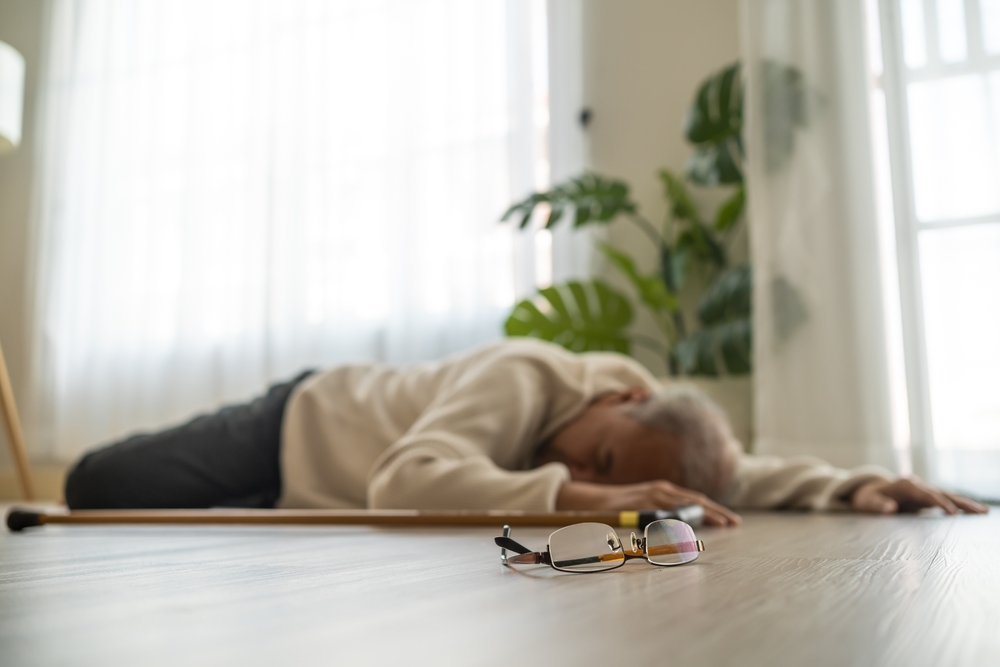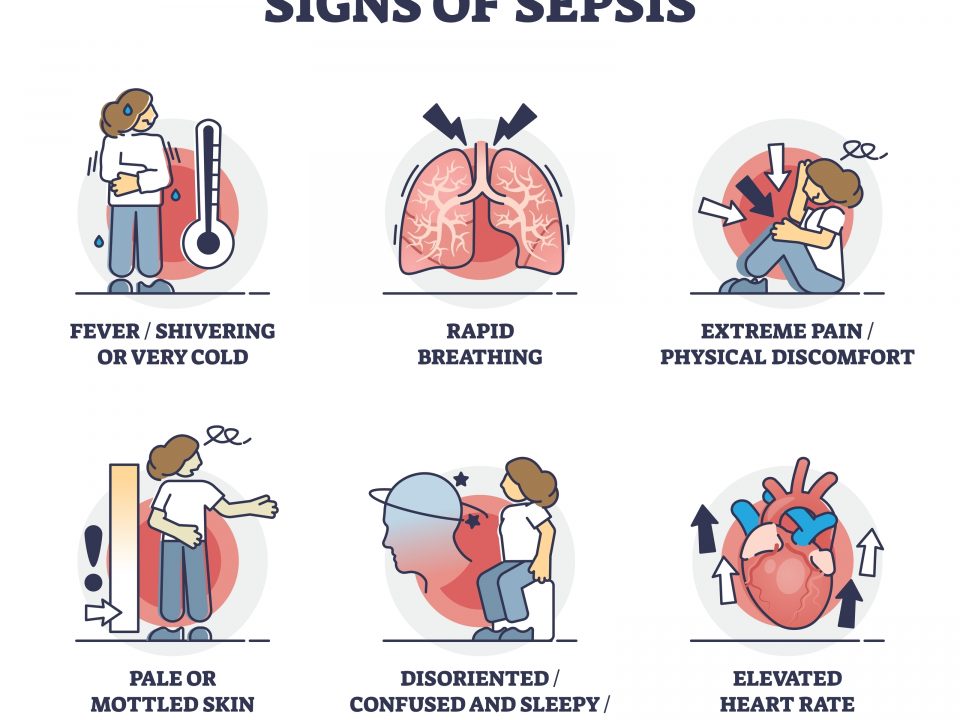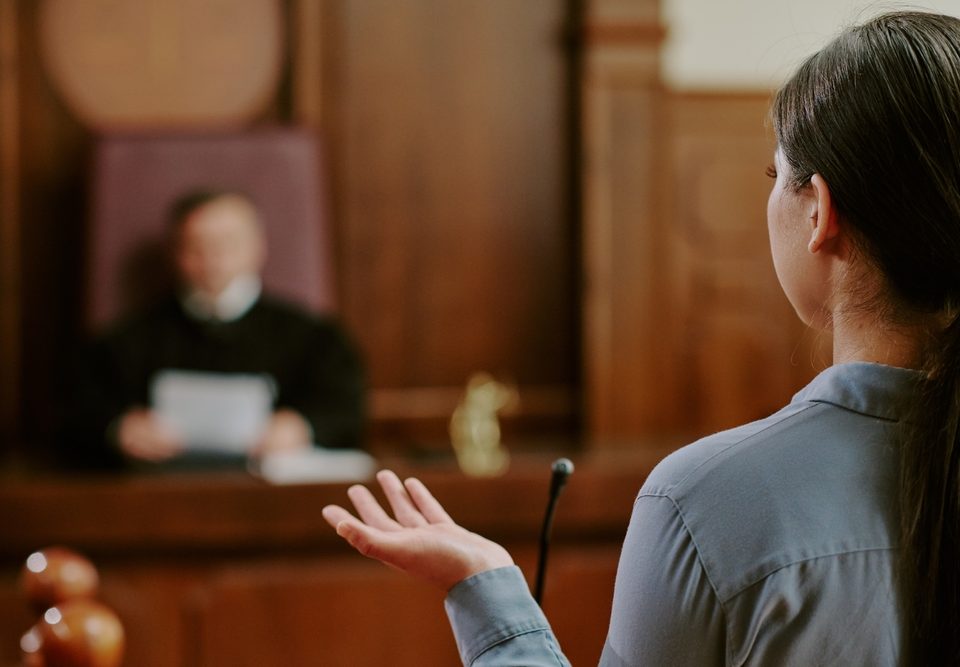
The Hidden Health Dangers of Water Beads
4th March 2025
COVID-19: Clinical Perceptions Five Years On — A UK Medico-Legal Perspective
16th April 2025Falls are one of the leading causes of injury among older adults and people with chronic illnesses or disabilities. While the immediate injuries—such as broken bones, bruises, or head trauma—are concerning, the consequences can become far more serious if the individual is unable to get up or call for help.
In England, during the 2017/18 period, there were approximately 220,160 emergency hospital admissions related to falls among patients aged 65 and over, with around 146,665 (66.6%) of these patients aged 80 and over. Any of these individuals could have been “long lie” incidents, where a person remains on the ground for hours or even days, posing significant risks to physical and psychological health.
The Medical Impact of Being Left After a Fall
When someone falls and cannot move or call for assistance, the body is subjected to prolonged immobility. This can lead to a condition called rhabdomyolysis, where muscle tissue breaks down and releases harmful proteins into the bloodstream. Left untreated, it can cause kidney failure and other serious complications.
Pressure sores, or pressure ulcers, can also develop quickly—sometimes within just a few hours. These sores, caused by continuous pressure on the skin, particularly over bony areas, can become infected and lead to systemic issues such as sepsis, a potentially life-threatening condition.
Hypothermia is another serious risk, particularly if the fall occurs during colder months or on a hard floor with no insulation. As the body remains in a fixed position, unable to generate warmth through movement, core temperature can drop dangerously low.
Dehydration and malnutrition are common issues as well. A person lying on the ground for an extended period without access to food or water may suffer from a rapid decline in health. Dehydration affects kidney function, circulation, and cognition, further complicating recovery.
Psychological and Emotional Consequences
Beyond the physical damage, being left alone after a fall can be an emotionally traumatic experience. Many individuals report intense feelings of fear, helplessness, and vulnerability. For elderly people especially, this can significantly impact confidence and independence, sometimes leading to post-fall syndrome, where the fear of falling again results in reduced mobility and social withdrawal.
This emotional toll often accelerates cognitive decline, especially in people with early-stage dementia or mild cognitive impairment. The trauma of lying helpless can trigger anxiety or depression, reducing quality of life long after the physical wounds have healed.
Long-Term Health and Recovery Challenges
Recovery from a “long lie” incident tends to be longer and more complex than from a fall with immediate assistance. Individuals may require hospitalisation, extended rehabilitation, or even a move into assisted living or nursing care facilities. They are also at a greater risk of falling again due to reduced muscle strength, balance issues, and lingering fear.
Research shows that people who experience long-duration falls have higher mortality rates compared to those who receive prompt help. The extended period without movement, hydration, or medical support creates a perfect storm for complications.
Prevention and Early Intervention
Technology and proactive care are critical in reducing the dangers of “long lie” incidents. Personal emergency response systems (PERS), such as wearable fall detectors or smart home sensors, can alert caregivers or emergency services when a fall occurs. Ensuring that high-risk individuals have regular check-ins, either from family, neighbors, or professional carers, can also mitigate risks.
Home environments should be assessed for fall hazards—loose rugs, poor lighting, clutter, or slippery surfaces—and modified for safety. Encouraging strength and balance exercises for older adults can help maintain physical resilience and prevent falls in the first place.
Conclusion
Falling is dangerous enough, but the consequences are vastly compounded when a person is left unaided for an extended period. These incidents go beyond bruises and broken bones—they can trigger a cascade of serious medical issues, emotional trauma, and loss of independence. By recognising the risks and implementing safety measures, we can protect our most vulnerable from the devastating effects of a long lie.




